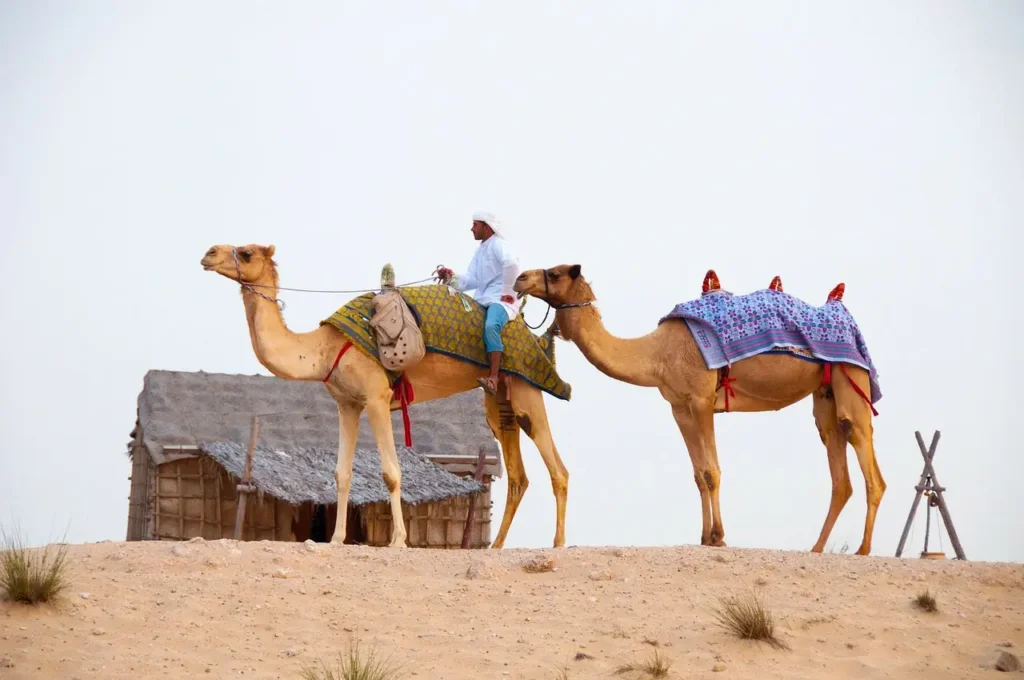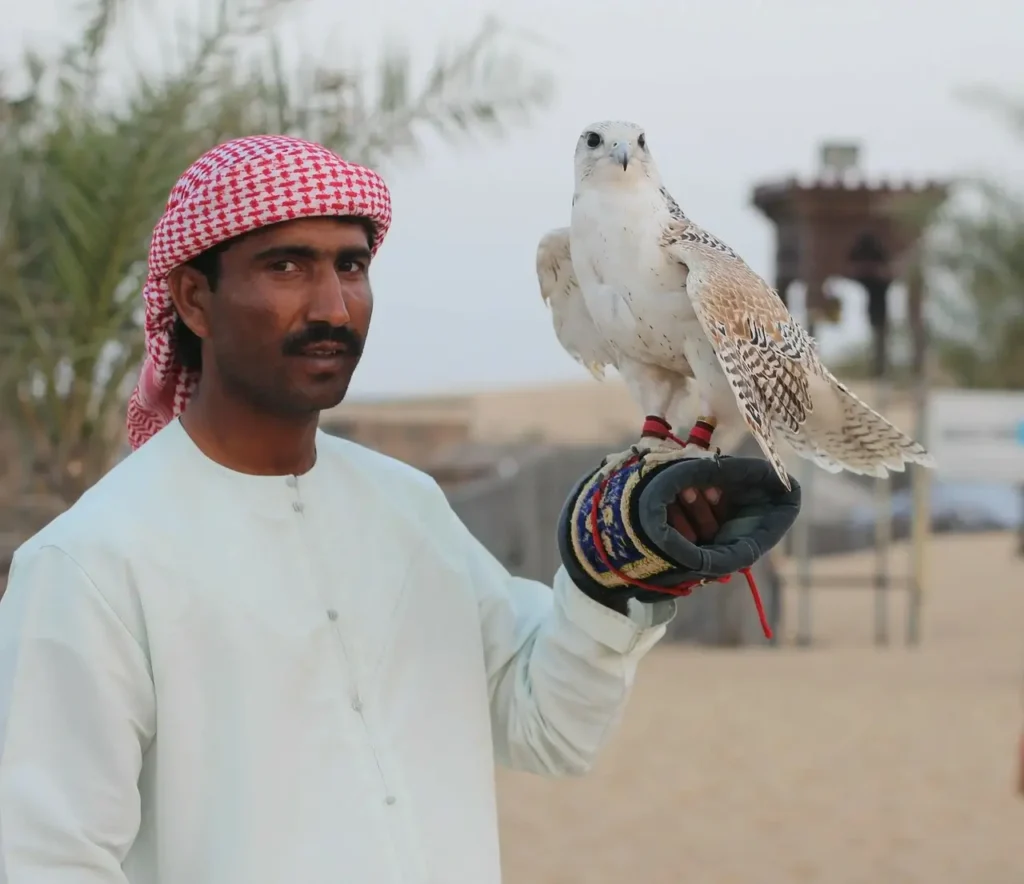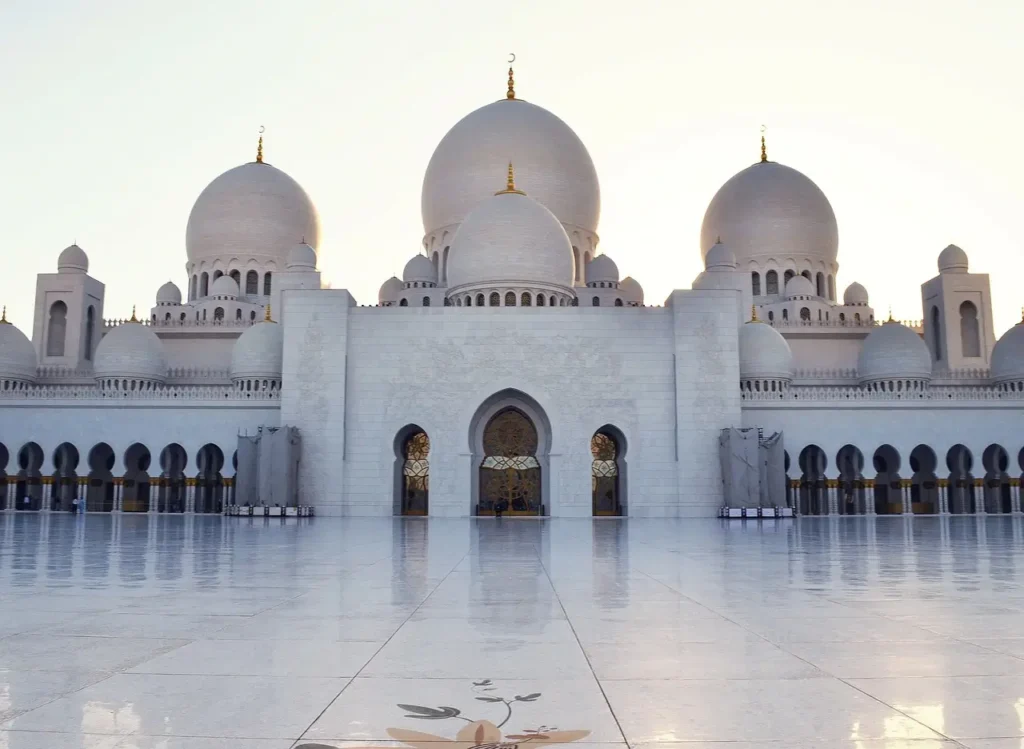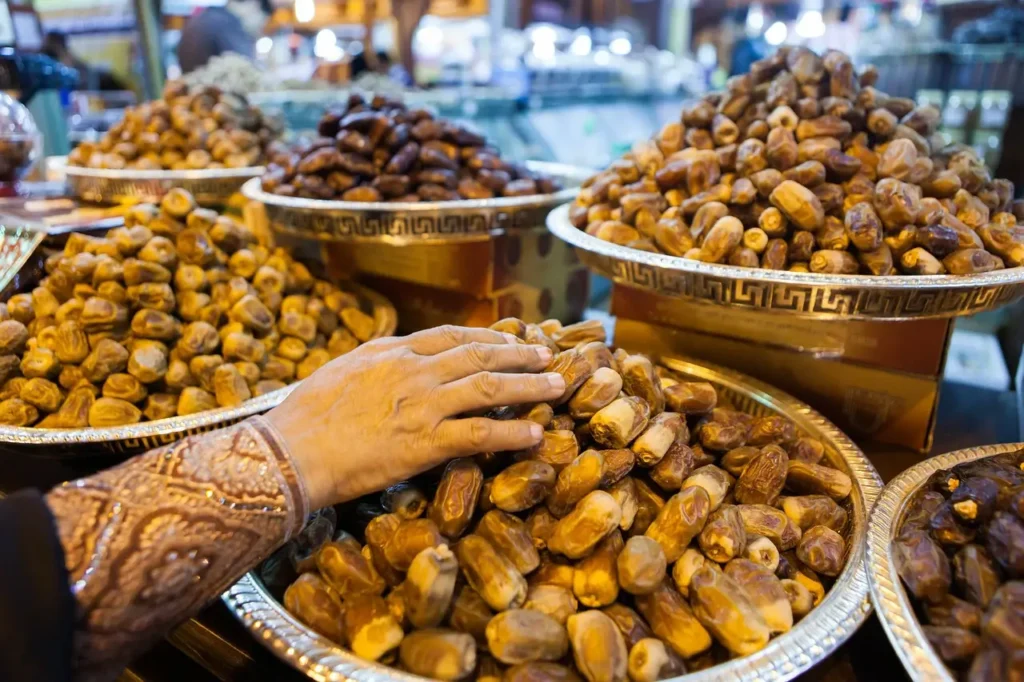When you think of Dubai, what comes to mind? The towering skyscrapers? The opulent malls? Perhaps the glitz and glam of luxury cars zipping down wide boulevards? While Dubai is undoubtedly a global hub of modernity, it’s also a city rich with history, tradition, and culture. So, is Dubai more than just its stunning skyline and luxury? Absolutely! In this article, you’ll uncover the cultural layers of this dynamic city, discovering how the old and new seamlessly blend to create a vibrant tapestry of art, cuisine, festivals, and heritage.
Dubai’s Cultural Heritage: A Glimpse into the Past
Dubai’s journey from a humble fishing village to the glittering metropolis it is today is rooted in its rich cultural heritage. This story isn’t just about concrete and glass but about people, traditions, and values that have shaped its unique identity.
The Bedouin Influence
Dubai’s history is deeply intertwined with the Bedouin culture. Long before the skyscrapers, the desert-dwelling Bedouins formed the foundation of Dubai’s social fabric. Known for their resilience, hospitality, and close-knit communities, the Bedouins contributed significantly to the city’s values, particularly in the areas of hospitality and respect for tradition.
- Hospitality: The Bedouins were renowned for their hospitality, offering food, shelter, and protection to travelers through the harsh desert terrain. This tradition continues in modern Dubai, where you’ll often experience warm welcomes and a deep sense of generosity.
- Storytelling and Music: Bedouin culture thrives on oral traditions, passing down stories and knowledge through generations. The rhythms of traditional music, like the Al Ayala dance, remain an integral part of Dubai’s cultural celebrations today.
- Camels and Falcons: Camels and falcons are not just animals in Dubai; they represent symbols of the city’s heritage. Camels were once the lifeblood of desert trade routes, while falcons continue to hold a revered place in the hearts of Dubai’s residents.


Islamic Influence: Shaping Society and Architecture
At the heart of Dubai’s culture is Islam, which has greatly influenced the city’s architecture, festivals, and daily life. The call to prayer, the observance of Ramadan, and the celebration of Eid play vital roles in maintaining a deep connection to the spiritual and cultural roots of the city.
- Islamic Architecture: Dubai is home to some of the most stunning examples of Islamic architecture. The Jumeirah Mosque and Al Farooq Omar Bin Al Khattab Mosque are just two examples where you can witness intricate designs that reflect Islamic values of beauty, symmetry, and spirituality.
- Ramadan and Eid: Ramadan is a time for reflection, fasting, and charity, where the community comes together. Eid, the celebration marking the end of Ramadan, is a grand festivity that encapsulates the spirit of Dubai’s cultural unity.

The Art Scene in Dubai: A Fusion of Tradition and Innovation
While Dubai is known for its towering skyscrapers and luxurious shopping malls, the city has also become a growing center for the arts. The fusion of traditional craftsmanship with cutting-edge innovation has made Dubai an exciting place for artists, collectors, and art lovers alike.
Traditional Art Forms: Preserving the Past
In the heart of Dubai’s cultural landscape lies a deep appreciation for traditional art forms that have been practiced for centuries.
- Calligraphy: Islamic calligraphy, the art of writing, has been highly regarded in the Arab world. You’ll find beautiful examples of this art form throughout Dubai, with the Dubai Museum showcasing some stunning pieces.
- Weaving and Pottery: The traditional craft of weaving and pottery-making was once an essential part of life in Dubai. Many museums and cultural centers still honor these crafts, and you can even purchase handmade items at local markets, such as the Dubai Souks.
- Music and Dance: Music has always been a significant aspect of Dubai’s culture, and you can still enjoy traditional instruments like the oud and darbuka in various performances. The Al Ayala dance, performed during special occasions and celebrations, is a symbol of Dubai’s traditional arts.
Contemporary Art: A Global Melting Pot
Dubai’s art scene has evolved significantly over the years, embracing global art movements and contemporary innovations. The city is home to several art hubs that cater to international artists, providing them with a platform to showcase their work.
- Alserkal Avenue: This arts district in Al Quoz is a must-visit for anyone wanting to explore Dubai’s modern art scene. Housing over 15 galleries, performance spaces, and workshops, Alserkal Avenue has become a cultural hotspot for both established and emerging artists.
- Art Dubai: As the leading contemporary art fair in the region, Art Dubai brings together global artists and collectors, helping solidify the city’s status as an international art destination.
- Public Art Installations: Dubai’s public spaces are adorned with an array of modern art installations that add character and beauty to the city’s ever-changing skyline. From the Dubai Opera to the bustling Dubai Marina, art is an integral part of the city’s design.
Dubai’s Culinary Scene: A Delicious Blend of Cultures
One of the most exciting aspects of Dubai’s culture is its food. The city’s cuisine reflects its position as a global melting pot, where flavors from around the world come together in perfect harmony. Whether you’re craving traditional Emirati dishes or international fusion cuisine, Dubai’s food scene offers something for everyone.
Emirati Cuisine: A Taste of Tradition
No exploration of Dubai’s culture would be complete without tasting some authentic Emirati food. These dishes offer a glimpse into the city’s history and are a direct link to its Bedouin roots.
- Machboos: A spiced rice dish often served with chicken, lamb, or fish, Machboos is a staple of Emirati cuisine. It’s hearty, flavorful, and reflective of the region’s agricultural heritage.
- Harees: A dish made of wheat and meat, cooked to a soft, porridge-like consistency. It’s commonly served during Ramadan and Eid, symbolizing unity and sharing.
- Luqaimat: These sweet dumplings, often drenched in date syrup, are a beloved dessert in Dubai. They’re typically enjoyed during special occasions and festivals.
A Global Culinary Landscape
Due to its multicultural population, Dubai boasts a vibrant food scene that represents nearly every corner of the globe. From Japanese sushi bars to Italian trattorias and Indian curry houses, you can indulge in a vast array of flavors.
- Michelin-Starred Restaurants: Dubai’s culinary offerings have been elevated in recent years, with several Michelin-starred restaurants setting up shop in the city. These include Al Muntaha in the Burj Al Arab and Zuma in the heart of the city.
- Street Food Culture: Don’t miss the opportunity to explore Dubai’s street food scene, where you can sample dishes like shawarma, falafel, and samosas in local markets and food stalls.

Festivals in Dubai: Celebrating Culture and Diversity
Dubai’s festivals and events reflect the city’s diverse cultural makeup. Whether celebrating Islamic traditions, global art, or culinary delights, these events offer a unique opportunity to experience the best of Dubai’s cultural richness.
Cultural Festivals
Dubai’s calendar is packed with festivals that highlight the city’s cultural and religious traditions.
- Ramadan: This holy month is celebrated with nightly prayers, feasts, and community gatherings. The Dubai Ramadan Night Market is a popular event where you can enjoy traditional foods, shop for souvenirs, and participate in cultural performances.
- Eid al-Fitr: The end of Ramadan is marked with celebrations that include fireworks, concerts, and family gatherings. This festival is a time for Dubai’s residents to come together and share in the joy of the occasion.
Global Festivals
Dubai’s international status is reflected in the global festivals it hosts, attracting visitors and participants from around the world.
- Dubai International Film Festival: One of the region’s most prestigious film festivals, this event showcases the best of global cinema, highlighting emerging filmmakers from around the world.
- Dubai Shopping Festival: This month-long event celebrates Dubai’s status as a global shopping destination, offering discounts, entertainment, and performances for all ages.
- Global Village: A cultural theme park that brings together pavilions from over 90 countries, offering food, art, and performances that represent the diverse cultures of Dubai’s residents.
Preserving Dubai’s Culture Amidst Modernization
As Dubai continues to grow and evolve, maintaining its cultural heritage becomes an essential task. The city has made significant strides in preserving its traditions while embracing modernity.
Cultural Institutions and Heritage Villages
Dubai has invested in preserving its cultural identity through the establishment of museums, heritage villages, and cultural centers.
- Dubai Museum: Located in the Al Fahidi Fort, this museum offers a glimpse into Dubai’s past, with exhibits on the city’s history, traditions, and the evolution of its trade routes.
- Al Fahidi Historical Neighborhood: One of the oldest traditional neighborhoods in Dubai, it offers visitors a chance to walk through restored wind-tower houses and experience life as it was in the early days of the city.
- Dubai Opera: A cultural hub for the performing arts, the Dubai Opera hosts concerts, ballets, and theatrical performances, showcasing both local and international talent.
FAQ Section
Is Dubai more than just modern buildings and skyscrapers?
Yes, Dubai is deeply rooted in culture, with a rich history influenced by Bedouin traditions, Islamic values, and a mix of global cultures. Its cultural side is just as vibrant and significant as its modern infrastructure.
What are the traditional cultural practices in Dubai?
Traditional practices in Dubai include exceptional hospitality, storytelling, music, and dance, with the camel and falcon playing important roles in daily life. These practices stem from the city’s Bedouin roots and have been preserved even amidst rapid modernization.
What are some of the best places to experience Dubai’s culture?
To truly experience Dubai’s culture, you can visit landmarks like the Dubai Museum, Al Fahidi Historical Neighborhood, and the Jumeirah Mosque. Additionally, don’t miss out on attending events like Dubai Opera performances or cultural festivals that showcase traditional Emirati and global arts.
What is Emirati cuisine like?
Emirati cuisine is a blend of traditional flavors and ingredients, with dishes like Machboos (spiced rice with meat or fish), Harees (wheat and meat porridge), and Luqaimat (sweet dumplings) offering a unique insight into the region’s culinary heritage.
